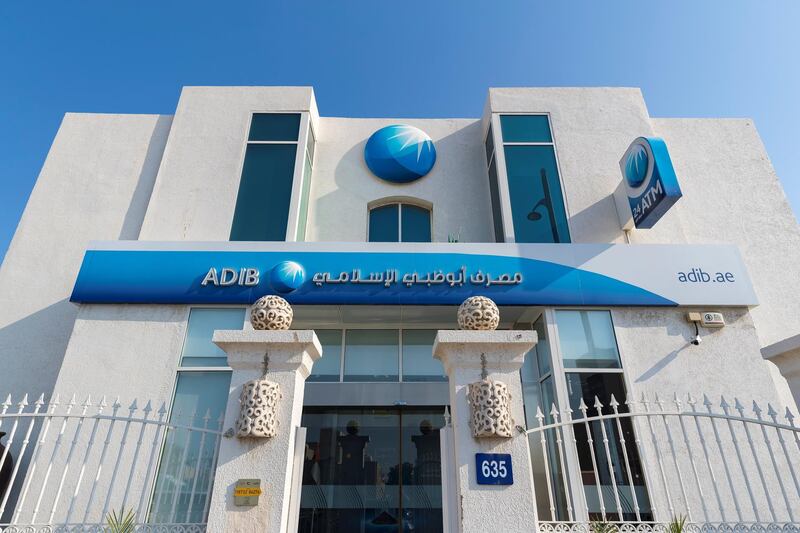Islamic lenders in the six-member economic bloc of the GCC have recorded strong profitability and are growing faster than the conventional banks in region as they benefit from strong demand for Sharia-compliant products, Fitch Ratings said.
“Some of these banks are in the start-up/growth phase and are looking to gain market share,” the rating agency said in a report. “Kuwait advanced to first place from the last place due to strong growth in 2017 from three of the country's five Islamic banks."
Profitability of Islamic lenders stayed strong in all GCC member countries due to low cost of funding and improved slightly in 2017 due to rising rates and strong cost management. Saudi Arabia, the Gulf's biggest banking market, bolstered the high performance for the banks as competition is less fierce in the kingdom, leading to higher margins for these financial institutions, it said.
The credit growth for Islamic banks will hover around 5 per cent – above financing growth at conventional banks – and will increase next year from 2018 levels in most GCC countries, Fitch said in a separate report earlier this month.
Banks in the Arabian Gulf region had in the past lagged behind their conventional peers, which are far more established and entrenched in the regional markets. Most Islamic lenders, which are also relatively new compared to conventional banks, have seen accelerated growth and an increase in margins as demand for their products grows.
_____________
Read more:
Fitch maintains stable outlook for Gulf Islamic lenders on economic boost
Moody's says Gulf banks' 2019 outlook stable as oil prices boost state spending
_____________
Lenders have also managed to slowly clean up their books and remove toxic loans that had dented their profitability in the past few years.
All Issuer Default Ratings assigned by Fitch to Islamic banks in the GCC region are investment grade. About 89 per cent of the IDRs are driven by potential sovereign support either directly or via a parent. The remaining 11 per cent are driven by the banks' standalone creditworthiness, Fitch noted.
The IDRs are all on 'stable outlook'. Sovereign willingness to provide support has remained extremely strong throughout the GCC, it said.
The rating agency said that the average Tier-1 capital ratio is only adequate in all countries considering concentration risk. Issuance of additional Tier-1 capital has boosted the ratio and Islamic banks in Saudi Arabia remain the best-capitalised in the GCC region.
However, financing-to-deposits ratios are typically low compared with conventional banks as Islamic lenders tend to be more liquid, often with larger retail deposit bases, Fitch said.







